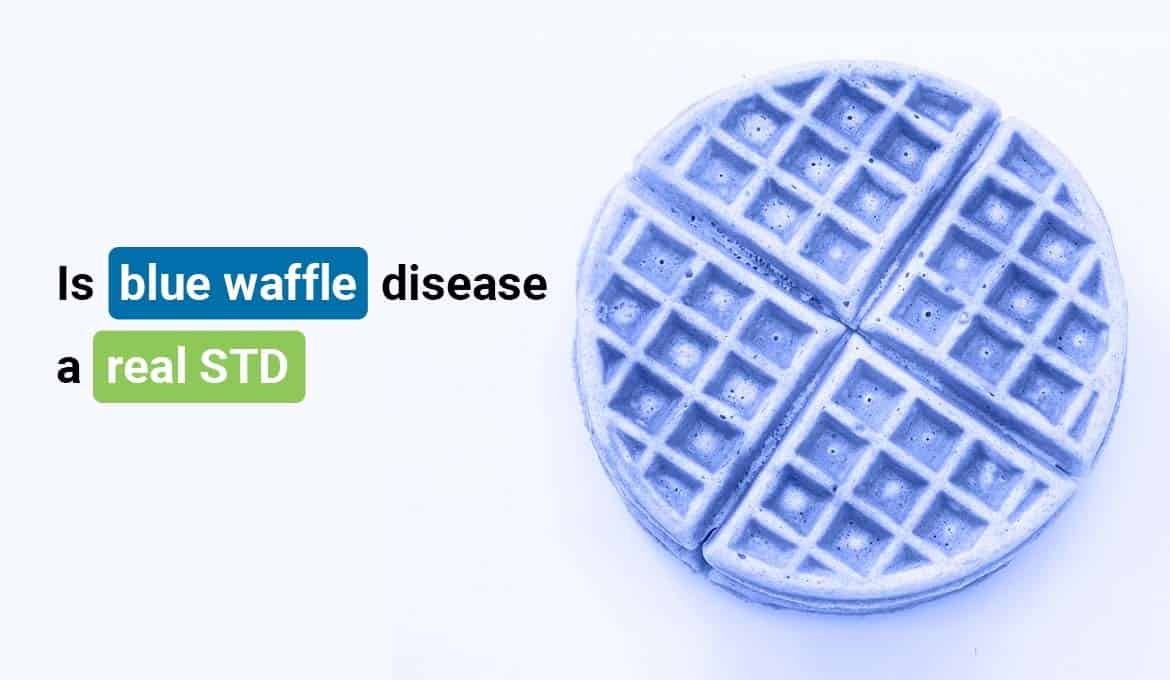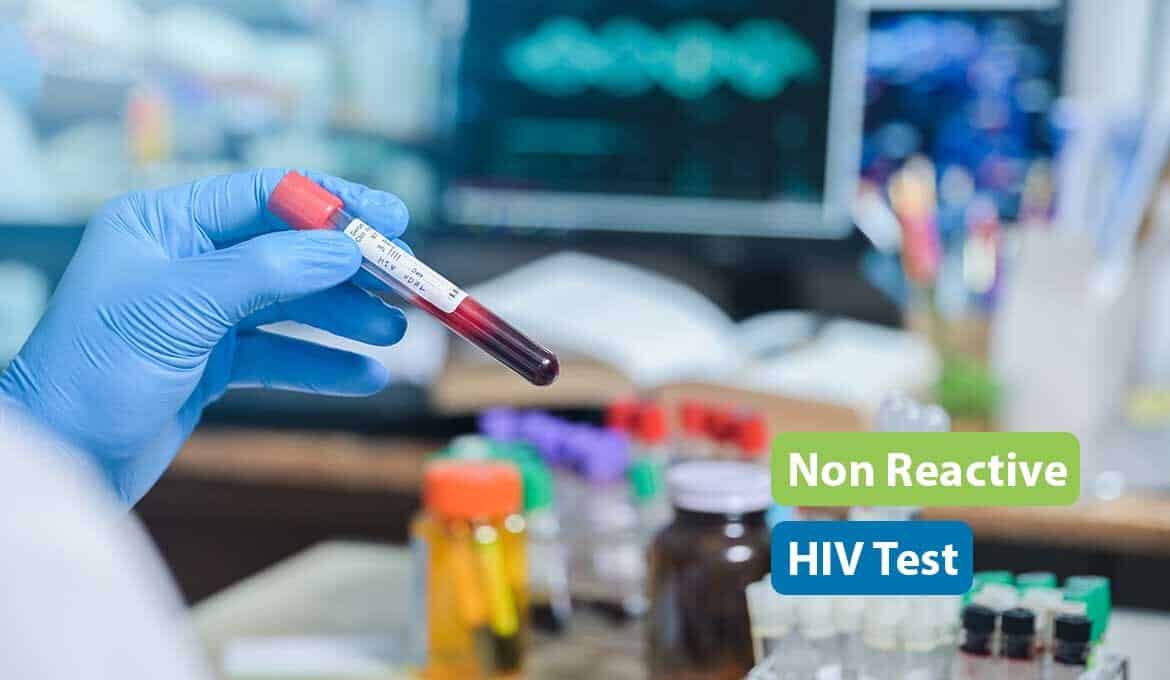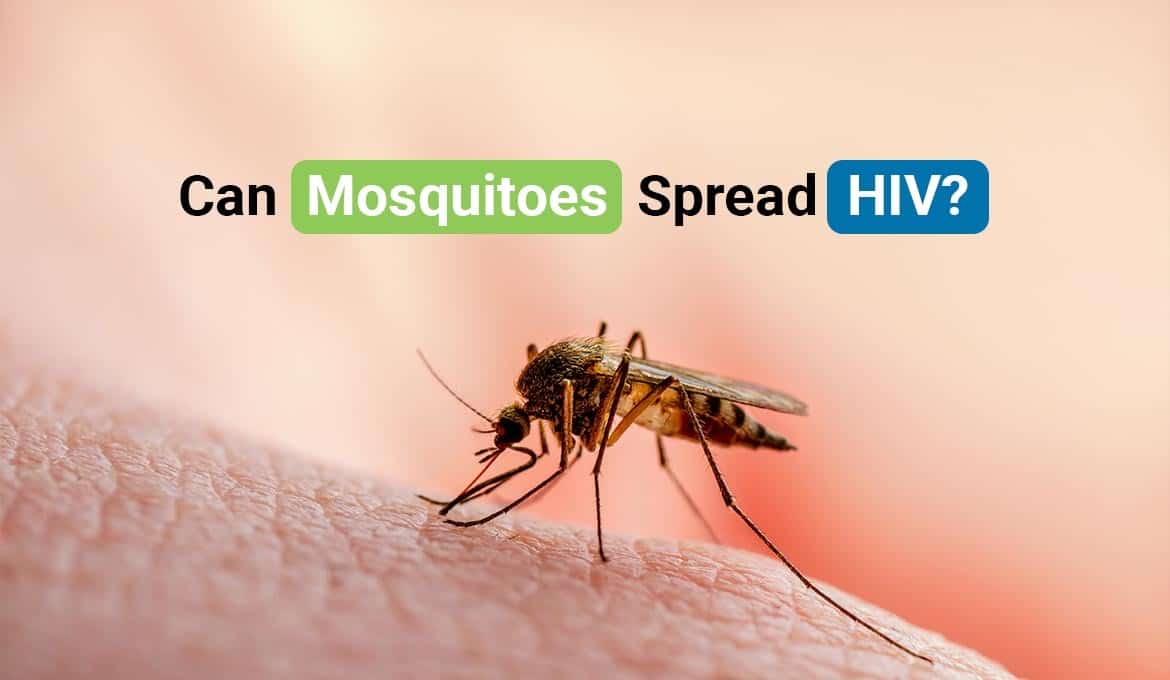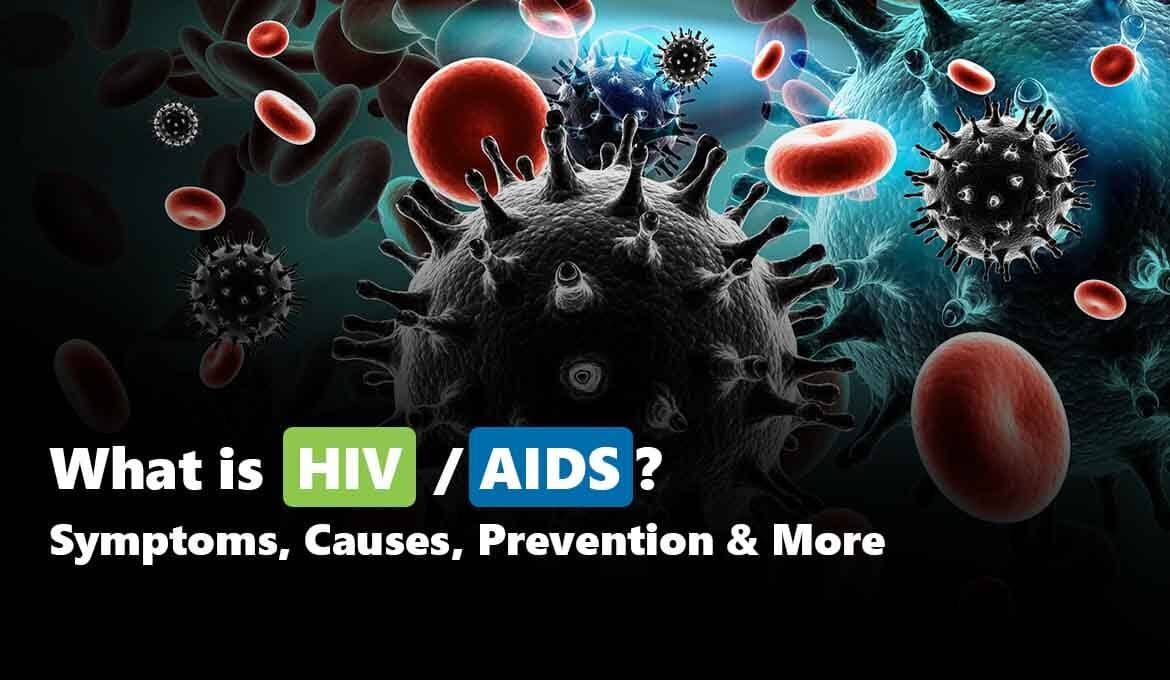
The fast-paced world today can be highly tiresome because of the demands it places on you daily. This constant commitment to life’s various needs can leave your body and mind rather sore. Over time this can hamper your performance, both in your professional and personal life.
In recent years, massages have become mainstream globally for their ability to help relax your mind and body for holistic rejuvenation.
There is a growing demand for massage therapists today, especially in big cities, because of the level of relaxation they offer amidst the constant pressure of a fast-paced life.
This shift has also made several forms of erotic massages mainstream, like the Japanese nuru massage. The sensual Nuru massage has gained popularity in the West for its sexual nature, which is said to be equal parts exciting and relaxing.
Nuru massage therapy is now available worldwide and is quite popular in major cities like London and New York.
However, most massages can pose health risks and infections when adequate standards are not maintained. This includes factors like the cleanliness of massage equipment, health of the massage therapist, quality of ingredients used, etc. It is especially true for nuru massage, which involves full body contact between the therapist and the client.
In this article, we look at the chronic condition of HIV/AIDS and the risk of contracting it through a nuru massage.
About HIV/AIDS
The Human Immunodeficiency Viruses (HIV) are a group of retroviruses whose infection of humans leads to Acquired Immunodeficiency Syndrome (AIDS). This condition leads to progressive failure of the immune system.
Influenza-like symptoms may characterize the initial period of infection. HIV may have an incubation period in the body lasting several months to a few years.
Over time it leads to opportunistic infections, which do not generally affect people with a healthy immune system. Eventually, it leads to AIDS, a severe illness caused by HIV. The average survival time of untreated infected patients is 9-11 years.
HIV is primarily transmitted through sexual contact and the exchange of bodily fluids. It affects people of all ages, genders, races, and sexual orientations.
Certain groups are at a higher risk of HIV infection, like drug injection users, homosexual men, sex workers, and communities in sub-Saharan Africa.
In addition, factors like socio-economic background, knowledge of safe sex practices, and sexual promiscuity can make a difference.
Currently, there is no cure for HIV infection. However, treatments and preventive measures can help manage the condition.
Preventative measures like safe-sex practices, using sterilized needles, scanning blood donors, and regular health checkups can effectively check the spread of HIV.
Treatments like Antiretroviral Therapy (ART) can help contain the spread of HIV infection and stop it from progressing to severe conditions like AIDS.
These medications have helped substantially increase the average survival time, and many patients have successfully survived decades on medication.
HIV transmission
i). Sexual:
Sexual contact is the most frequent mode of transmission of HIV infection. HIV is transmitted through bodily fluids, including seminal, vaginal, and menstrual fluids.
The condition occurs when the virus enters a person’s bloodstream through cuts or when it passes through mucous membranes inside the vagina, rectum, or urethra.
The chances of getting infected increase manifold when there is a tear in skin tissue in the sexual organs, as they can facilitate transmission through the bloodstream. The risk of infection is higher when there is a pre-existing condition of any Sexually Transmitted Infections (STI).
Infection through mucous membranes can occur during vaginal and anal sex and can be managed by using safe-sex practices like condoms. Transmission through oral sex is sporadic.
Long-term treatment of HIV patients with ART can drastically reduce viral loads in bodily fluids. HIV is unlikely to spread through sex when such patients achieve consistently low viral loads.
ii). Mother-to-child:
When a mother is infected with HIV, it can be transmitted to her child through pregnancy, during delivery, or through breast milk, resulting in the baby getting infected in infancy.
Getting treated by ART can reduce the chances of transmission drastically, primarily through breastfeeding.
iii). Blood:
HIV is majorly present in the infected person's blood, and the most efficient mode of infection is through the bloodstream. This happens when a healthy person’s bloodstream is directly in contact with an infected person's body fluids (like blood).
One of the primary ways of transmission through the bloodstream is by reusing unsterilized syringes. This can sometimes occur in poor economies that need ideal medical equipment. Conflict zones are especially prone to such a situation.
When a healthy person uses a syringe from an HIV-infected individual, the virus can be directly transmitted into the healthy person’s bloodstream.
Another leading cause of transmission through syringes is illegal drug use through self-injections. Drug users tend to reuse unsterilized needles shared by a large group.
HIV can also spread through blood transfusion. Adequate screening of blood donors that is carried out in developed countries is lacking in many developing countries.
Similarly, due to social stigma, many people in developing countries do not undergo testing for HIV. Infection is likely to occur when blood from such donors is transfused to a patient needing blood.
What is Nuru Massage?
Nuru is a Japanese technique of erotic massage that has gained popularity worldwide. The word “nuru” means “slippery” in Japanese and refers to the massage gel made from seaweed used for the massage.
A typical Nuru massage involves full body contact between the massage therapist and the client, who are nude and covered in the seaweed massage gel.
Due to the erotic nature of nuru massage, with participants engaging in complete body contact aided by lubrication, it is subject to legal prohibition and restrictions in various jurisdictions worldwide.
However, it is slowly gaining acceptance in the West and is seen as a therapeutic way to overcome issues related to sexual intimacy.
Chances of contracting HIV during nuru massage
The sensual Japanese nuru massage involves complete body-on-body contact. The massage typically doesn’t include the exchange of bodily fluids. HIV infection is transmitted through bodily fluids, which is unlikely to occur during a traditional nuru massage.
However, it is essential to note that bodily fluids can also be exchanged involuntarily if any cuts or wounds are present in the participants' bodies.
Furthermore, continuous and physical intimate contact with someone can increase the risk of the spread of other diseases, including herpes, hepatitis, tinea, and thrombosis.
Therefore, reaching out to a well-established massage therapist is advisable when seeking a nuru massage. It is also pertinent that you check yourself and the masseuse for any external wounds before commencing the massage.
Conclusion
Nuru massage can be a pleasurable experience that can help rekindle your libido or help you overcome any issues with sexual intimacy. It can also be a fun activity to practice with your sexual partner.
However, you need to be mindful of the potential risks of infection in such an intimate activity. While the chance of HIV infection is meager, sustained intimate body contact can lead to other ailments, and sufficient precautions must be taken to avoid them.
HIV is a chronic condition that left untreated, can have a progressively detrimental effect on your immune system. It is a chronic condition like diabetes that can be prevented by following certain safe practices and managed by effective medication.
It is essential to avoid stigma towards the disease and gain knowledge about the condition to manage it better.
Making informed decisions with the consultation of your healthcare provider can help you live your best life!
FAQs
Q1: How is HIV transmitted?
Ans: HIV is transmitted primarily through three ways. The first is by sexual contact through the exchange of bodily fluids absorbed into the bloodstream or through the mucus membranes. Secondly, it can spread through blood infection, through the re-use of unsterilized syringes, by drug users, or through poorly funded healthcare setups. It can also infect blood through blood transfusion from an infected donor. Thirdly, it can spread from a mother to her child during pregnancy, through blood during delivery, or through breastfeeding.
Q2: Can HIV spread through nuru massage?
Ans: The chance of HIV spreading through a professional nuru massage is negligible, as a traditional nuru massage doesn’t involve exchanging bodily fluids. However, an infection can occur if there are open wounds on the bodies of either participant. Furthermore, other illnesses can be transmitted from continued intimate contact with a person. Seeking a well-established professional if you decide to have a nuru massage is recommended.
Q3: Why do people get a nuru massage?
Ans: Nuru massage is a type of erotic massage originating in Japan. It is a sensual massage involving lubricated body-to-body contact between the therapist and client. It is famous for its sexually exciting nature and can lead to sexual pleasure for some. Besides this, getting a massage can be highly relaxing. Recently, it has been gaining acceptance as a treatment to overcome intimacy issues.
Q4: Can HIV infection be cured?
Ans: Currently, no treatment can completely eradicate HIV infection from a patient’s body. That being said, medications have made substantial breakthroughs in helping manage them. Antiretroviral Therapy (ART) is exceptionally efficient in drastically reducing viral loads, assisting patients in living long lives without the infection escalating to AIDS.
Q5: How is HIV diagnosed?
Ans: HIV can be diagnosed by conducting blood tests, HIV antibody tests, or HIV viral load tests. Most healthcare facilities can perform these tests with ease.
Read Also:




